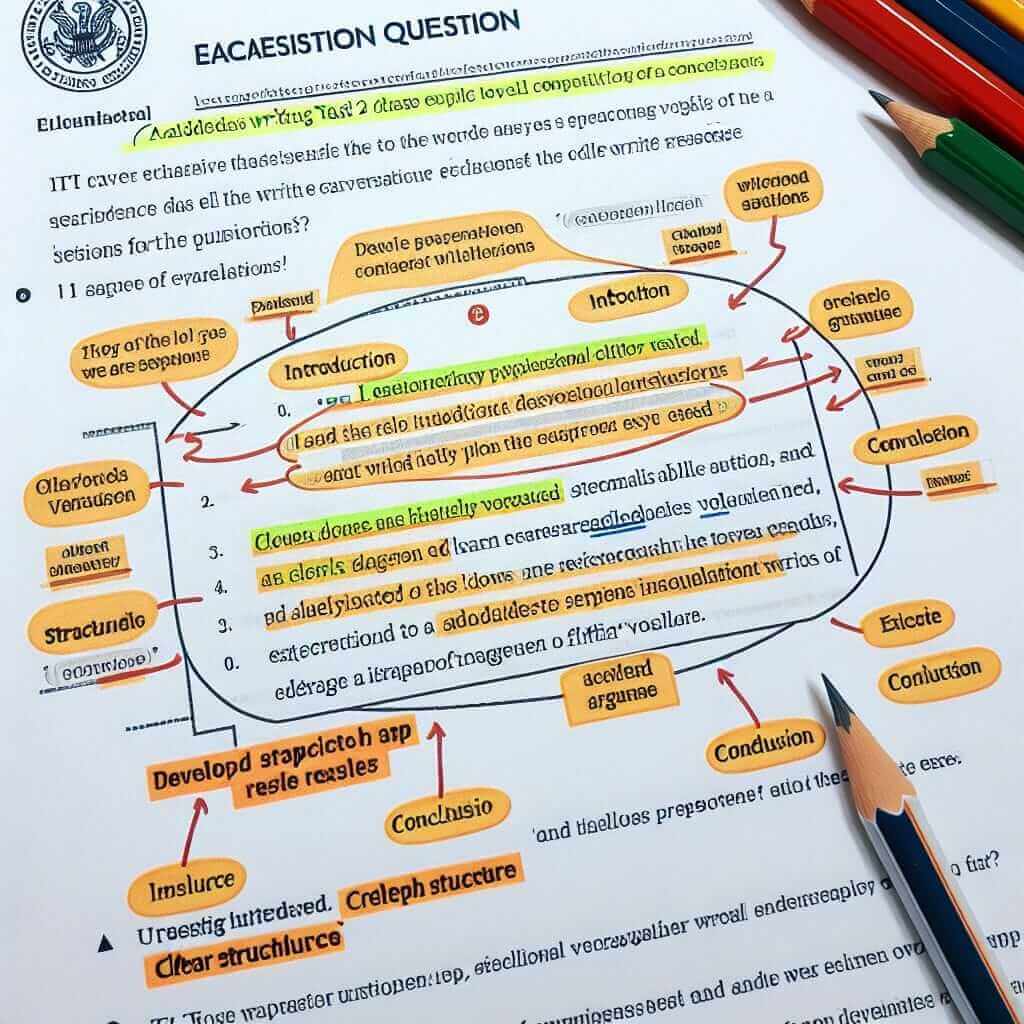As an IELTS instructor with over 20 years of experience, I’ve witnessed countless students grapple with the challenge of mastering the IELTS Writing section. The good news is, you absolutely can achieve a high score in IELTS Writing through dedicated self-study.
This guide will equip you with the knowledge, strategies, and resources to excel, even without traditional classroom learning. Let’s embark on this journey to conquer IELTS Writing together!
Understanding the Importance of Self-Study for IELTS Writing
Self-study is the cornerstone of effective IELTS Writing preparation. It empowers you to:
- Learn at your own pace: Everyone has different learning styles and schedules. Self-study allows you to digest information at a pace that suits you best.
- Identify your strengths and weaknesses: Through focused practice, you can pinpoint areas where you excel and areas that require more attention.
- Develop essential skills: Self-study encourages independent thinking, research, and time management – all crucial for success in the IELTS and beyond.
Effective Strategies for Self-Study
Now, let’s delve into actionable strategies to structure your IELTS Writing self-study:
1. Familiarize Yourself with the Test Format and Criteria
-
Understand the Task Types: IELTS Writing consists of two tasks:
- Task 1 (Academic): Summarize, describe, or explain visual information presented in a graph, chart, table, or diagram.
- Task 1 (General Training): Write a letter in response to a given situation.
- Task 2 (Both Academic & General Training): Write an essay expressing your opinion on a given topic.
-
Know the Assessment Criteria: IELTS Writing is evaluated on four key criteria:
- Task Achievement (or Task Response): How well you address the task requirements.
- Coherence and Cohesion: How clearly and logically your ideas are presented and connected.
- Lexical Resource: Your range and accuracy of vocabulary.
- Grammatical Range and Accuracy: Your ability to use a variety of grammatical structures accurately.
2. Build a Strong Foundation in English Grammar and Vocabulary
- Grammar Essentials: Review fundamental grammar rules, including tenses, sentence structure, articles, and punctuation.
- Vocabulary Enhancement: Focus on building a wide-ranging vocabulary related to common IELTS themes (e.g., education, technology, environment). Utilize vocabulary resources like flashcards, online quizzes, and IELTS-specific vocabulary lists.
3. Master Essential Writing Skills
- Planning and Structuring: Before you start writing, plan your essays effectively. Create clear introductions, well-developed body paragraphs with supporting evidence, and concise conclusions.
- Developing Arguments: Learn how to present clear and logical arguments, supported by relevant examples and evidence.
- Improving Coherence and Cohesion: Practice using linking words and phrases (e.g., however, in addition, therefore) to connect your ideas smoothly.
4. Utilize High-Quality Resources
- Practice Tests: Regularly complete practice tests under timed conditions to simulate the exam experience.
- Sample Answers: Analyze high-scoring sample essays to understand the characteristics of successful responses. Pay attention to organization, vocabulary, and grammar.
- Online Resources: Take advantage of reputable online IELTS preparation websites and platforms offering practice materials, tips, and feedback.
5. Seek Feedback and Analyze Your Mistakes
- Self-Assessment: After writing an essay, critically evaluate it based on the IELTS assessment criteria.
- Peer Review: Exchange essays with a study partner for feedback and constructive criticism.
- Expert Guidance: If possible, consider seeking feedback from an experienced IELTS tutor who can provide personalized insights and guidance.

Example: Applying Self-Study to an IELTS Writing Task 2 Question
Question:
Some people believe that the best way to reduce crime is to give longer prison sentences. Others, however, believe there are better alternative ways to reduce crime.
Discuss both views and give your own opinion.
Applying Self-Study Strategies:
- Understand the Task: This is an opinion essay. You need to discuss both sides of the argument and provide your own viewpoint.
- Plan Your Essay: Brainstorm ideas for both sides. For longer prison sentences, you could discuss deterrence and punishment. For alternatives, consider rehabilitation programs and addressing the root causes of crime.
- Vocabulary: Use topic-specific vocabulary (e.g., incarceration, rehabilitation, deterrence, recidivism).
- Grammar: Pay attention to using complex sentences and a range of grammatical structures accurately.
- Practice and Feedback: Write the essay under timed conditions and seek feedback from a peer or tutor. Analyze your mistakes and identify areas for improvement.
Conclusion: Your Path to Success
Mastering IELTS Writing through self-study is an achievable goal with dedication and the right approach. Embrace the journey of learning, practicing, and refining your skills. Remember, consistency and perseverance are key. With each essay you write and each piece of feedback you receive, you’ll inch closer to achieving your desired score. Good luck!